Demand-Side Subsidies for the Most Vulnerable African Households
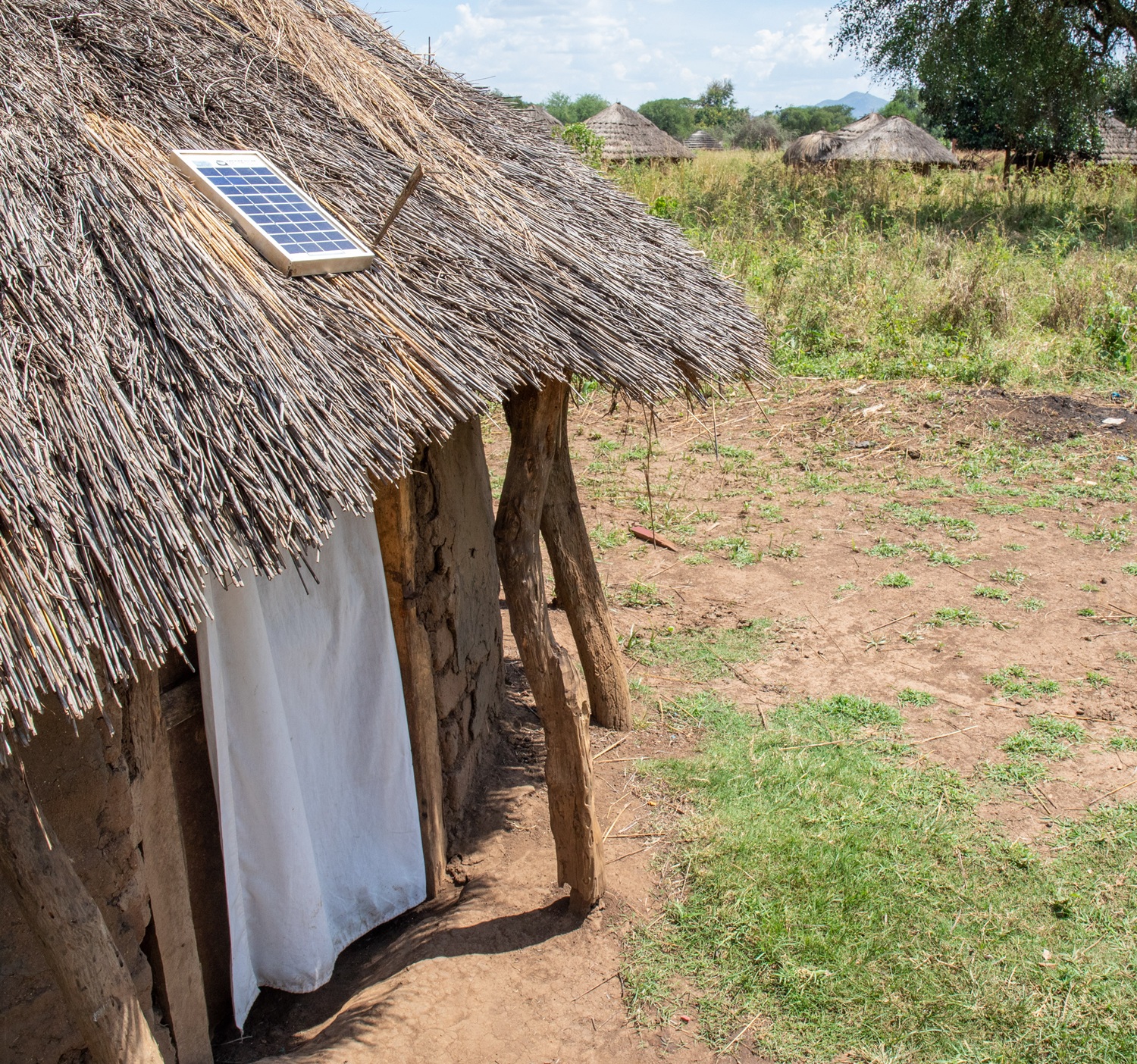
Demand-Side Subsidies for the Most Vulnerable African Households
Bridging the Energy Gap Through Inclusive Solutions
In Sub-Saharan Africa, millions of vulnerable households lack access to affordable, reliable, and sustainable energy. Local governments face immense challenges in extending universal energy access to their populations, with the most vulnerable groups, including impoverished households, refugees and displaced persons, remaining underserved.
To address these disparities, EnDev launched a programme focused on demand-side subsidies (DSS) in Liberia, Malawi, Niger and Uganda. Unlike traditional supply-side interventions, DSS directly reduces the cost of energy products for consumers through mechanisms like vouchers or cash transfers, while maintaining market integrity. The goal is to transition these households from energy poverty to Tier 1 access— this is the lowest level and provides energy for an average annual consumption of 22 kWh per household.
Baseline Studies Across Four Countries
On behalf of EnDev, Partners for Innovation and AKVO established a baseline for these end user subsidies in four Sub-Saharan African countries: Liberia, Malawi, Niger and Uganda, to assess the socio-economic landscape, energy access and financial needs of vulnerable populations. The studies establishes critical benchmarks for evaluating the effectiveness of DSS mechanisms and provides actionable insights for scaling energy solutions.
Country-Specific Highlights
The baseline was carried out in specific targeted areas of the four countries. Hereafter you will find the specific highlights per country.
Liberia
- Access Challenges and opportunities: Electricity access remains critically low, with rural households relying on costly alternatives like torches and rechargeable batteries. The energy market analysis indicates that Tier 1 solar home systems (SHS) could likely be affordable and more widely adopted than it currently is.
- Recommendations: Support the adoption of more flexible payment options, enhance infrastructure and invest in local awareness campaigns to support adoption of solar home systems.
Malawi
- Access Challenges and opportunities: 40% of households have adopted the Chitetezo Mbaula clay stove, highlighting potential for further adoption of Tier 1 improved cooking stoves. Access to solar products remains a challenge. Tier 1 solar home systems are beyond the purchasing power of most households, requiring a price reduction of at least 30% and Pay-As-You-Go (PAYG) options within a $2 monthly payment range. While solar lanterns are more affordable and align better with household budgets, their limited availability on PAYG plans further restricts accessibility.
- Recommendations: Strengthen local distribution networks, leverage Village Savings and Loan schemes, and subsidize entry-level SHS products.
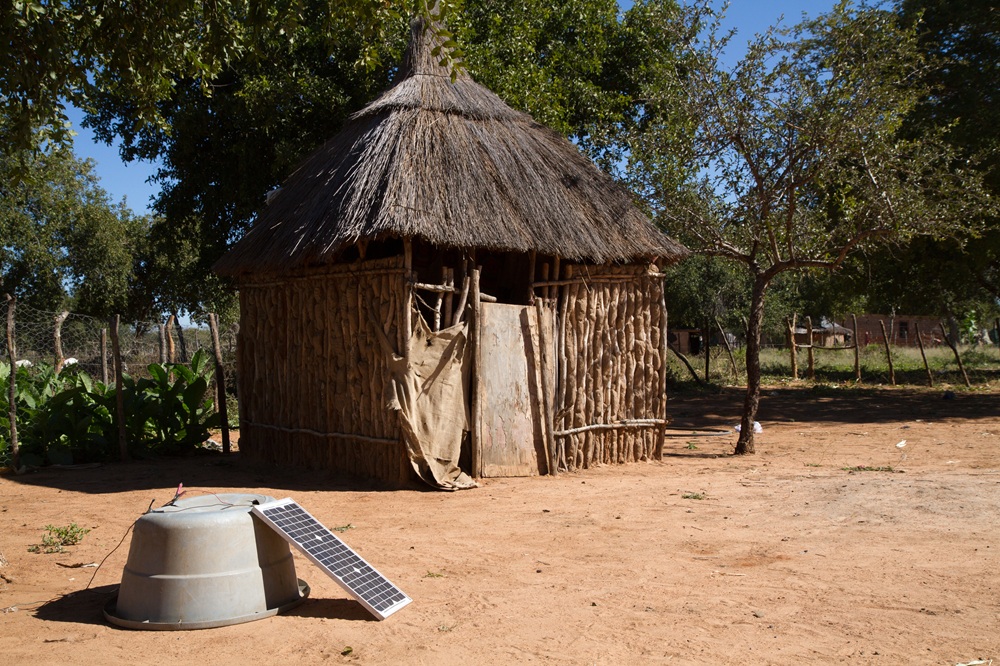
Niger
- Access Challenges and opportunities: Over 90% of households lack electricity access, with limited access to credit for energy products. SHS adoption is minimal due to affordability issues and poor-quality products dominating rural markets, but introducing PAYG options could spark interest among households. 80% Of households express willingness to pay for SHS, citing their versatility and usefulness.
- Recommendations: Promote the scaling-up of flexible payments, increase awareness of Mobile money account use and PAYG plan and support energy companies to reach underserved communities.
Uganda
- Access Challenges and opportunities: The Refugee and host communities in the selected intervention areas have low or no access to electricity. Households relied on alternative lighting sources like torches and solar lanterns, but dissatisfaction was common due to high costs, health hazards, and low reliability. Adoption of Solar Home Systems (7%) and Improved Cooking Stoves (6%) remained low, primarily due to affordability challenges, limited awareness and the reluctance of companies to offer credit or PAYG options in refugee areas.
- Recommendations: Promote SHS through subsidies, flexible PAYG plans and partnerships with companies offering affordable solutions while addressing barriers to accessibility. Additionally, strategies should focus on increasing mobile money usage, involving women in implementation and exploring community-based approaches to ownership and awareness of solar energy solutions.
Key Findings Across All Countries
Socio-Economic Barriers: Affordability gaps persist, preventing widespread adoption of SHS and improved cooking solutions.
Energy Market Dynamics: Weak distribution networks and limited financial services hinder access in remote areas.
Consumer Preferences: Households prefer flexible payment models like PAYG, but availability is limited.
Path Forward
Impact Potential:
Through targeted DSS mechanisms, these pilot interventions can enable thousands of households to access basic energy services, advancing Sustainable Development Goal 7 (universal energy access).
About the Partners
EnDev is a strategic global partnership promoting modern energy access. They support national governments to create an environment that enables supply and demand of sustainable energy – to the last mile. EnDev tackles energy poverty with a market-based approach putting the focus on consumers’ needs.
AKVO is PfI’s partner for digital data collection, data visualization and baseline studies. AKVO is a not-for-profit internet and software development foundation. The foundation specializes primarily in building and operating data collection and visualization systems to be used in international development and aid activity. In this project AKVO brings expertise in implementing innovative, data-driven solutions that empower vulnerable communities.
Further reading
You can obtain further background information or read the different country factsheets, on the website of EnDev.
Other
projects
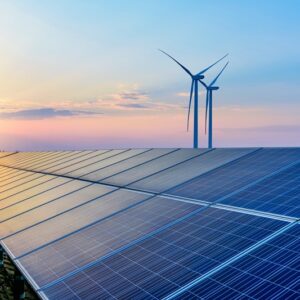
GET.invest Finance Catalyst
We implement this program to mobilise investments in renewable energy
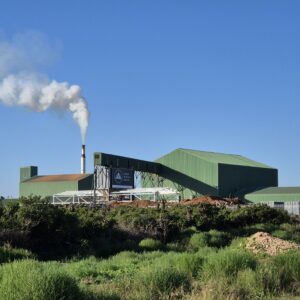
Coega Biomass Centre
We are co-owner of a pellet factory to produce clean energy from alien invasive trees.
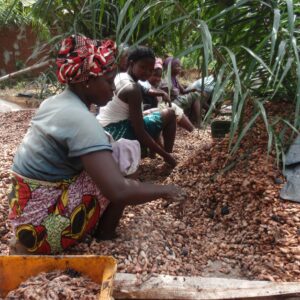
Biomass potential in Côte d’Ivoire
We studied the potential of cashew, cassava, cocoa, palm oil, and rubber.
Want to
know more?
Contact us!


